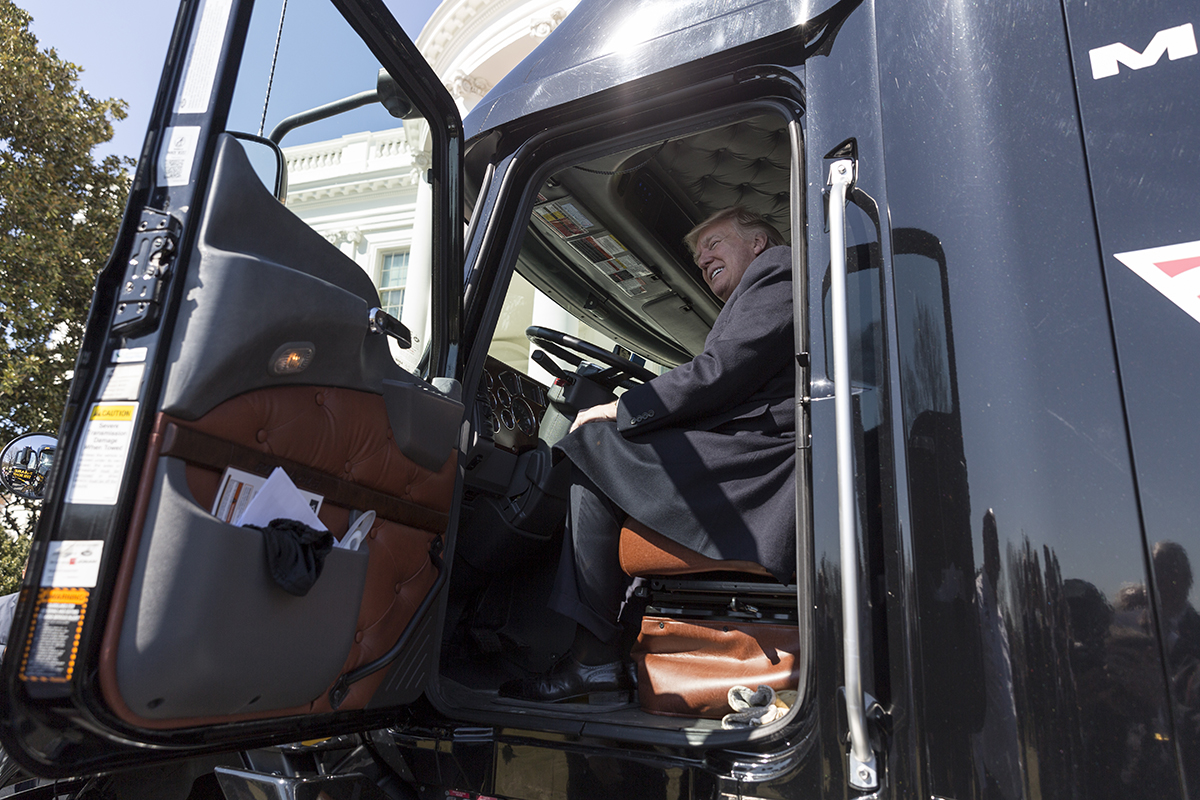- Republicans' reconciliation budget bill will pollute the air, make roads more dangerous, slow the transition to clean freight transportation and punish drivers who own electric or hybrid vehicles (The Equation). It will lead to a billion tons of greenhouse gas emissions over the next decade (Fast Company). Even the conservative website Newsmax questions whether a $250 fee on EVs is fair, considering the average motorist pays $88 a year in gas taxes.
- A study by UCLA and Google came to the unsurprising conclusion that higher density and safe infrastructure lead to more biking and walking.
- Providing frequent and reliable service instead of cutting it will boost ridership and revenue for transit agencies, and allow them to successfully lobby policymakers for more funding. (Mass Transit)
- The allure of robotaxis is that they're supposed to be cheap because there's no driver to pay, but Waymo rides are actually waymo expensive than Uber or Lyft. (TechCrunch)
- Transportation for America has a primer on "fix it first," the idea that road maintenance should take priority over new construction.
- It took two years for residents of Arizona Avenue in Washington, D.C. to get a protected two-way cycle track, and only a few days for Mayor Muriel Bowser's administration to remove it for aesthetic reasons. (Washington Post)
- A bill allowing a transportation tax referendum in the Charlotte area that's moving through the North Carolina legislature now includes a split of 40 percent roads, 20 percent buses and 40 percent transit of any kind. (Ledger)
- A University of Utah urban planning professor argued in the Salt Lake Tribune that the state government should not get in the way of the city making its streets safer for walking and bikes.
- A North Texas congresswoman is requesting $3 million for handicapped accessibility at Dallas Area Rapid Transit stations. (Observer)
- Milwaukee County is pursuing a $25 million federal grant for road safety. (Urban Milwaukee)
- Seattle Bike Blog reports on Seattle mayoral candidates' stances on Vision Zero.
- Portland is making progress on upgrading the car-centric arterial SW 4th Avenue. (BikePortland)
- The latest transportation bill in the Oregon legislature would raise about $2 billion a year, bolstering transit and walkability but also highway megaprojects. (Oregon Public Broadcasting)
- Utility repairs will shut down the Atlanta streetcar until at least October. (Journal-Constitution)
- The Tulsa mayor's office is investigating an incident where a police car rolled over a Black man who was under arrest for jaywalking. (Black Wall Street Times)
- Traffic deaths in Richmond fell from 24 in 2023 to 17 last year. (WRIC)
- Missoula officials settled on a final design for the Brooks Street bus rapid transit line. (KPAX)
- KETV has a guide to bus, bike and scooter transportation for the College Baseball World Series in Omaha.
- A Tesla owner somehow drove his car into the middle of a San Francisco park and left it there overnight. (SFist)
Today's Headlines
Monday’s Headlines Are Big and Beautiful
Unlike Republicans' reconciliation bill, which is terrible for climate change and will lead to more traffic deaths, as several news outlets are reporting.

Stay in touch
Sign up for our free newsletter
More from Streetsblog USA
Monday’s Headlines Took the Keys Away
A demographic disaster is coming as a generation of aging suburbanites become either dangerous drivers or trapped in their homes.
Why Anti-Trans Laws Are Terrible For Transportation, Too
A disturbing new Kansas law revokes trans people's driver's licenses. Here's how it will make our communities more dangerous.
Sunbelt Cities Rank Last in National Street Safety Index
Cars and drivers continue to dominate the newest and sunniest cities in the United States.
Mass. ‘Micromobility’ Commission Recommends Improved Classification, Regulation of Motorbikes and Scooters
Among other recommendations, the commission supports expanding bikeshare systems and other micromobility options as a safer, less expensive, and more efficient alternative to driving.
Americans Demand Congress Fund Active Transportation In Next Infrastructure Bill — And Not Just The Bike/Walk Advocates
A "back to basics" surface transportation bill — as Republicans are seeking — would be devastating for road safety and small businesses.
Friday’s Headlines Take a Lot to Laugh, Take a Train to Cry
I ride on a mail train, baby. Can't buy a thrill.





